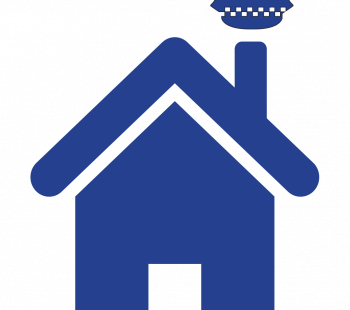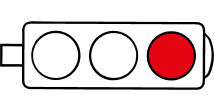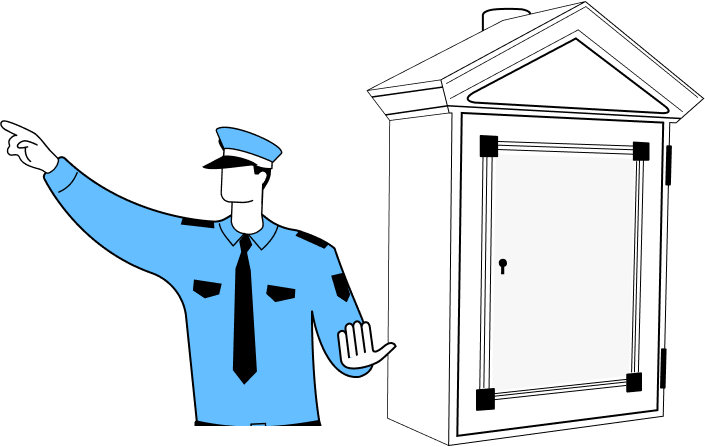The American Dream?
Home ownership has been an essential part of the American dream for at least the last fifty years. Is owning your own home still part of your definition of the dream?
The answer has certainly changed for some of us, in part because some of the long-standing expectations have changed. You used to be able to count on your home to appreciate in value every year. You also used to be able to count on good neighbors that valued their property and did what they could to help maintain the neighborhood.
Even though some home prices have started to increase again, everyone is painfully aware that home values in many areas plummeted dramatically in recent year. In some cases, the depreciation that occurred completely erased the gains in value that had been earned over several years.
Clearly, times have changed. The question now is what can you do about it? Your answer should be consistent with your own personal financial situation and the aspects of your life that you value most. My mission is not to tell you what to do or to sell you on one answer, but simply to give you the basis for making an informed decision that best represents you and the financial goals that you have set for yourself.
If you believe that housing will always be an essential need, then it also makes sense that the housing market will continue to comprise a major portion of our economy. Major markets, such as the housing market, seek an equilibrium. In other words, markets will experience fluctuations, corrections, and trends based on both rational and irrational behavior, but the premise of supply and demand will set the price within that market.
Supply and demand will adjust until equilibrium is established.
Using this brief market behavior analysis, it is logical to believe that the housing market will eventually stabilize and that a sense of normalcy will return. Applying this fact based logic will help take some of the uncertainty out of your decision making going forward. The extent of the disruption that has occurred in the housing market has caused unprecedented uncertainty, which has led to greater than usual fear of the unknown. No one knows for absolute certain what the future will bring, but what you can do is look at the facts and make good decisions based on all of the information available to you.
One primary factor to consider is timing. For example, if you have never been a homeowner, you should consider that you are arguably in the midst of one of the greatest buyer’s markets in our lifetime. The secret to success in the stock market is to buy low and sell high. It is no different when it comes to the housing market.
Even if you are already a homeowner, many opportunities exist that may not have been an option before. The recent focus within the housing market has almost exclusively been on prices and the negative impact on equity. You may not realize that mortgage rates are still low and that it may be possible to greatly shorten the term of your current mortgage without increasing your monthly payment and that shortening the term is the best thing you can do to begin to build up your equity, even if prices take years to recover.
If you took out a 30 year mortgage four or five years ago, refinancing that mortgage at today’s rates would probably help you to reduce the term on that mortgage by at least 10 years without increasing your monthly payment. Even if it takes a few more years for the housing market to sort itself out, you will be ahead of the curve.
Another key aspect to consider is your motive. The speculative benefits of investing in real estate may be gone forever. If you look at real estate, purely as a commodity, there are better and easier ways to make money, especially considering the current glut in the supply side of the market. If you are considering the purchase of a home for your long-term personal use, however, then there may not be a better opportunity for you to combine a low purchase price with a low mortgage rate.
An additional factor to consider is the amount of money you may have to put toward the purchase of a house. Years ago, you were required to make at least a 20% down payment in order to obtain a mortgage. That is no longer the case and there are a variety of down payment options available for you to consider. If you have questions about what type of mortgage would be best for you, a certified mortgage broker or mortgage banker will be able to answer those questions for you.
If a down payment of any kind is an issue for you, then you will be better off renting until you have saved enough to take that step. Even while renting, however, you will have choices including a rent to own option that will allow you the right of first refusal on the place you are renting. In these cases, the landlord agrees to put a certain percentage of your monthly rent toward your eventual purchase of the home.
One last piece of the decision making process that is often ignored, but is worth a mention, is upkeep. Many of us are so focused on the purchase decision that we forget to incorporate the cost of maintaining the property.
If you choose to rent, your upkeep cost should be very little. Owning property, however, is costly and things can and will go wrong. You will be responsible for all of the upkeep costs as well as any property taxes and association dues. In many cases, the cost of upkeep equals or exceeds the monthly mortgage payment so make sure that you factor all of this into your decision.
Whichever option is right for you should be based on an in-depth, personally tailored analysis of your financial situation and your financial goals. Just make sure that your decision is fact based and not one that is erroneously determined for you based on fear or unduly influenced by emotion.
Scott Arney
Chief Executive Officer
Chicago Patrolmen’s Federal Credit Union
Don’t forget, members of the Credit Union enjoy free and confidential Credit Counseling and Financial Planning through our Financial Planning and Education Center. We are here to assist you every step of the way.







